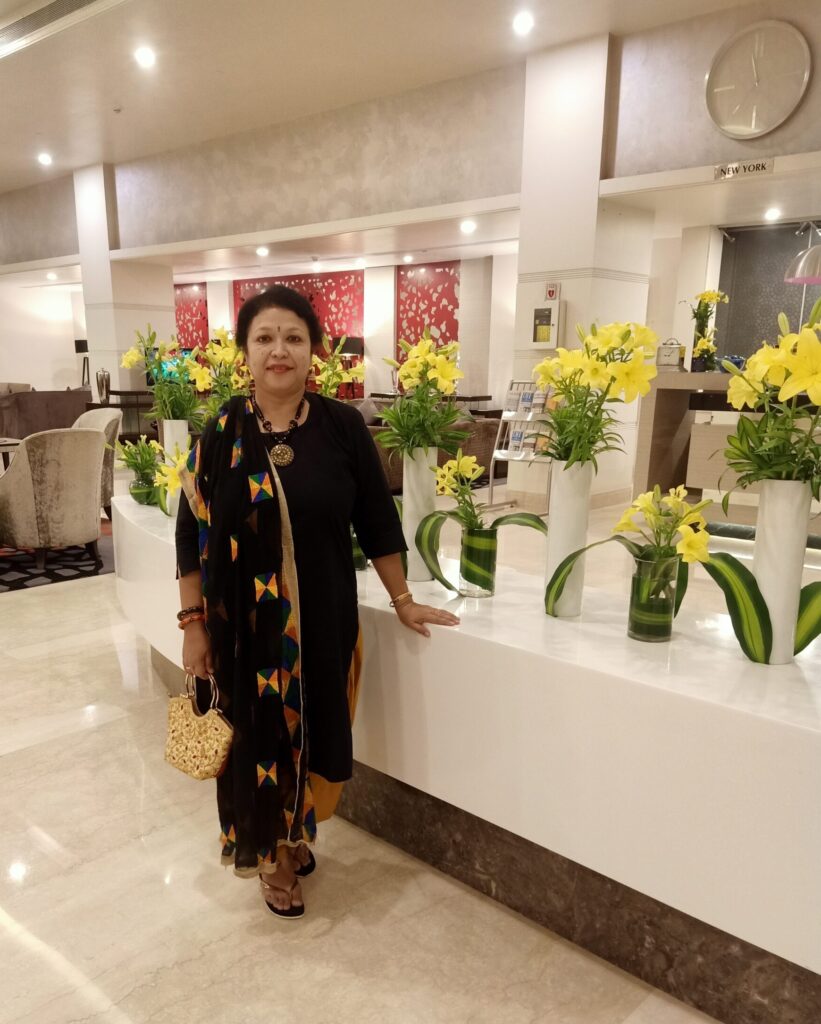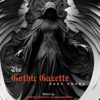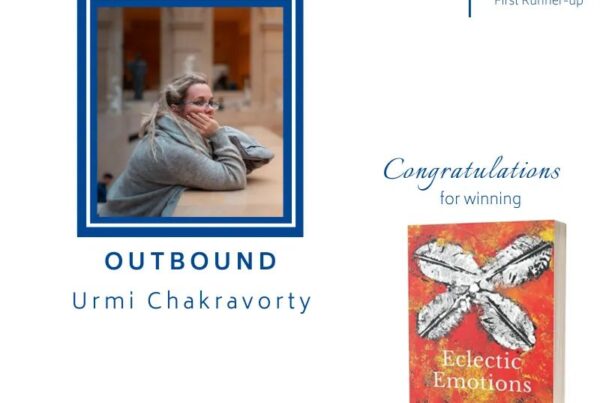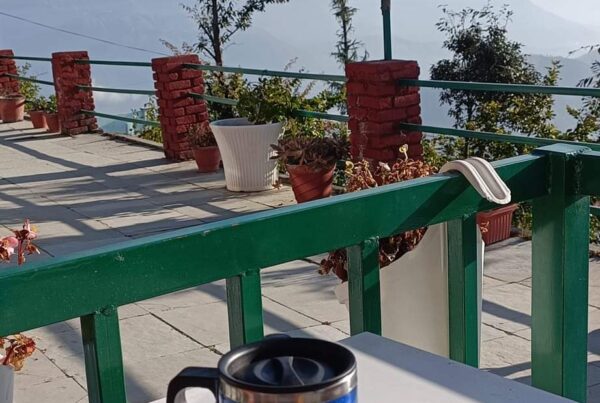When reel life hinges entirely on real life, the outcome is bound to be something interesting, something off the beaten track. This was the belief that made me look out for Love Storiyaan among the various OTT shows scheduled to be aired in February. The fact that it was premiering on Valentine’s Day, along with its hallowed KJo tag, upped the anticipation quotient.
Produced by Dharmatic Entertainment, Karan Johar’s digital production wing, and curated from The India Love Project on Instagram, Love Storiyaan presents six stories of real-life couples who have fought all odds for the sake of love. Cliched as it may sound, this docu-series has successfully managed to look beyond the usual tropes and theatrical temptations, and give us an honest, no-holds-barred account of the lives, loves, and conflicts of these six couples hailing from very diverse, and often unfamiliar, backgrounds. Most of the scenes have been performed by the real-life characters, with professional actors playing only the scenes from their younger days.
The show opens with the story of Aekta and Ullekh, but we shall come to that later. The second in the series – Love on Air – shows the rather unusual romance that blossomed between the jockeys of two rival Shillong-based radio stations. If radio brought Nicholas and Rajni together, it was the visually impaired Mandira, an avid listener of both their shows, who catalysed their union. The typical familial disapproval, their religious differences, the apprehensions of the soon-to-be-married couple, the commitment phobia of one of them, and later, an addiction issue — all are presented with a refreshing candour. The closing scenes featuring Nick, Rajni, their teenage son Mahyaan and Mandira, are marked by an endearing sense of closure and fulfilment.
While war is always considered brutal and divisive, this anthology gives it a pleasing twist by showcasing the romance that germinated during the War of Bangladesh Liberation in 1971. Suitably named Homecoming, it is the story of the Saha heir apparent, Sunit aka ‘The Prince of Chandpur’ (present-day Bangladesh), and Farida, a Muslim girl from a conservative, politically inclined family. Their Dhaka University days are a delightful mix of Sunit’s charismatic flamboyance and Farida’s pragmatism and indulgent banter. But things turn serious when they flee Bangladesh and arrive in Calcutta, in the hope of a secure married life, away from myopic judgements and communal discrimination. What follows is forty-six years of madness, fights, fun, frolic, and above all, complete love, support and understanding. Decades later, they return to Dhaka to mend fences with Farida’s family and their mutual friends. It’s a bittersweet reunion involving copious tears, undiluted joy and earnest bonding. For a couple in their seventies, the Sahas’ joie de vivre and love for each other are non pareil. Their daughter and grand-daughter complete the adorable family picture, adding delightful inputs to the narrative.
Amidst the clamour and chaos that marked the Narmada Bachao Andolan of the mid-eighties, two contrasting souls seemed to have found their ‘happily ever after.’ Raah Sangharsh Ki is the story of Rahul Banerjee, an IIT Kharagpur graduate from a privileged upper-caste Bengali family who fell head over heels in love with Subhadra Khaperde, a Dalit activist from Chhatisgarh. Rahul’s glorious academic background paled before his revolutionary zeal and he chose to work for the upliftment of the Adivasis of Madhya Pradesh. Rahul persistently wooed Subhadra and managed to win over her heart after a good two years. An inter-caste civil marriage followed. The opposition from Rahul’s affluent, elite family was expected. Subhadra’s brother also disowned her. The mounting financial crunch and fabricated sedition charges added to their woes. But as they say, love has the power to transcend all hurdles and still shine bright. Subhadra’s statement that there is no gender divide in their house and they share all chores equally, reinforces the respect and equality that characterise their relationship. The ‘lucknow chikan salwar suit’ moment and Subhadra’s unabashed elation on wearing it, were the highlight of the show for me.
The fifth episode presents a unique example of romance and resilience in the face of Taliban oppression. Titled Faasley, it outlines the chequered love story of Wayanad-based Dhanya Ravindran and an Afghan citizen Homayon Khoram. What started off as a casual friendship between two students at the faraway St. Petersburg University in Russia, soon blossomed into love – love that had more thorns than roses strewn in its path. If it took Dhanya four solid years to convince her parents about their mutual decision to marry, destiny threw a curve ball right after their marriage. In 1997, Homayon proceeded to Taliban-occupied Afghanistan to check on his family but the raging civil war jeopardised his return and all communication with Dhanya was nixed. The months that followed saw heightened longing, desperation, a leap of faith, and then Dhanya living in Afghanistan in a totally alien ecosystem. As a couple, Homayon and Dhanya have lived apart more than they have lived together, due to various pressing circumstances. But their complete trust, understanding and their mellow, self-assured equation speak volumes about the deep, unshakeable love they feel for each other. Dhanya and Homayon’s respective wishes at the end were the a-ha moment for me. Incidentally, Faasley is my second most loved segment in this series.
A marriage between two lovers is mundane stuff. But when both the partners happen to be trans persons, it makes one sit up and take note, as does the sixth story in this series, Love Beyond Labels. Dipan and Tista crossed paths in Kolkata when Dipan, originally from Assam, was trying to navigate the complex aftermath of a gender reassignment surgery. SRS Solutions, a helpline run by Tista especially for transgenders, offered hope. Dipan, in his new identity, found comfort and companionship in Tista. Their romance bloomed quite organically, and culminated in marriage in August, 2019. This was a defining social milestone, being the first marriage to be solemnised in Kolkata between transgender partners. Theirs is a story that rises above all established conventions or expectations, and reaffirms the credo that love is more a union of two souls rather than of bodies.
My most favourite story in this six-episode anthology has to be the first one, An Unsuitable Girl, not because I’ve crossed paths with Aekta in my writing journey but because of the absolute honesty and lucid articulation that form the hallmark of this account. Aekta was the quintessential Punjabi lady from an affluent Delhi-based business family, with two grown-up daughters from an earlier abusive marriage. Ullekh, on the other hand, was a fun-loving bachelor from a conservative Malayali family of Kannur, a laid-back seaside town in Kerala. While their shared love of writing and blogging triggered an online friendship, their romance literally turned out to be stuff that is inked on the pages of books. As a viewer, a mic drop moment for me was when Aekta admitted that at 30, she was only playing the role of a divorced mother with two young kids to look after. And that, she never considered herself as a young, attractive woman until Ullekh mentioned it. Her words reflect the collective truth of generations of Indian women who are conditioned to be caregivers and nurturers within the family but are never considered as distinct individuals with desires and dreams. It was heartening to see Aekta reclaim her identity as a woman and explore her sexuality, being fully aware of her daughters’ objection to her growing friendship with a man. The anti-Ullekh stance of her young daughters in the initial years, their antics to ward him off, his mother’s understandable displeasure, his close friend’s apprehension, and above all, Aekta’s own dilemma about whether she was actually an ‘unsuitable’ match and an uncaring mother — all contributed to lending a tender, credible, humane angle to the story. Here was a well-educated, established, emancipated couple who took cautious, halting steps in their journey of togetherness, only because they cared for the acceptance and happiness of their extended families. The clips showing their dogs and the invaluable role played by the fur babies to cement their relationship, were truly heartwarming. The penultimate scene which had the entire family – two and four legged – in one frame, was the most precious and evocative one ever…it made me tear up.
In an era marked by a compelling urge to sensationalise every digital byte, Love Storiyaan comes as a whiff of fresh air. Though each story has its fair share of roadblocks and wrangle, the anthology manages to shine the spotlight on the positives, sans drama. In a world torn apart by hate and petty strife, it rekindles our faith in compassion, tolerance, and the goodness of the human soul. Not all the stories have the same crisp narration or tight storyline. For instance, Faasley and Love Beyond Labels left me with quite a few unanswered questions, probably because of run-time restrictions. However, standing tall on its candid storytelling prowess and the raw vulnerability of its protagonists, this series upholds the triumph of love, courage and commitment in a sweet, subtle tone that resonates with the viewer at multiple levels. A highly recommended watch!
P.C. Vows on the Move on Unsplash









